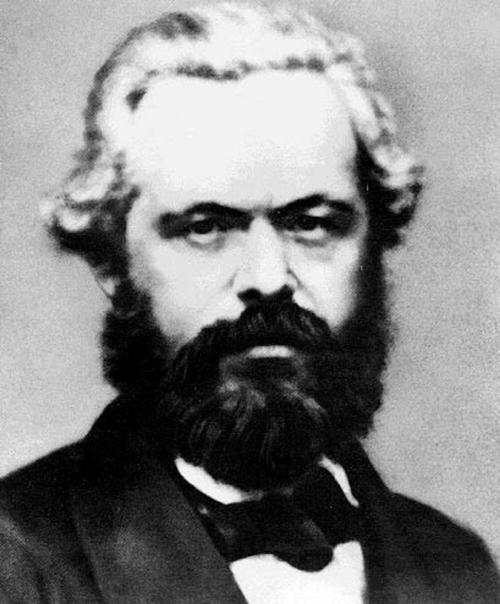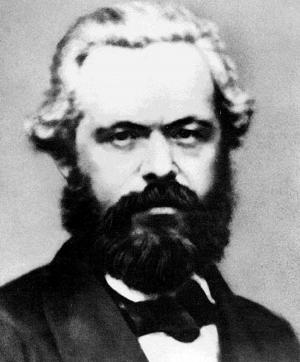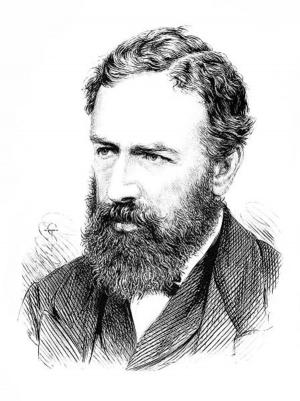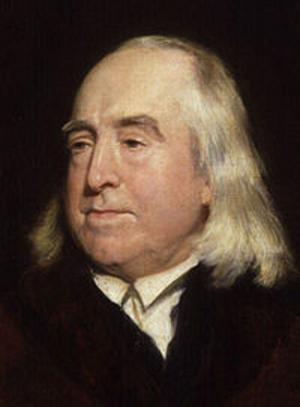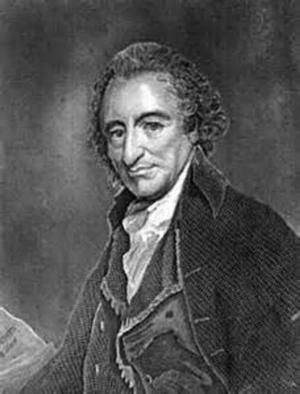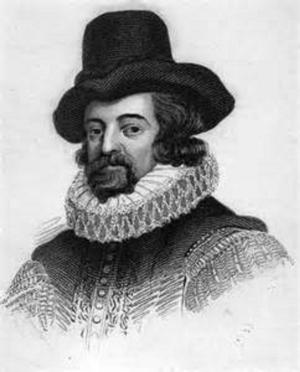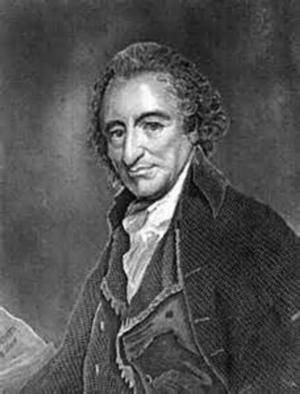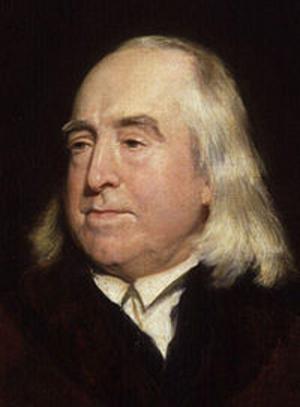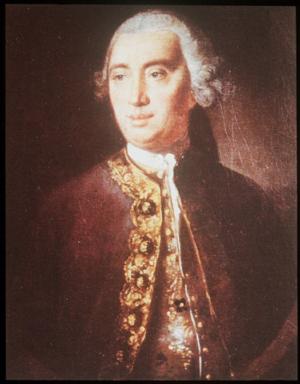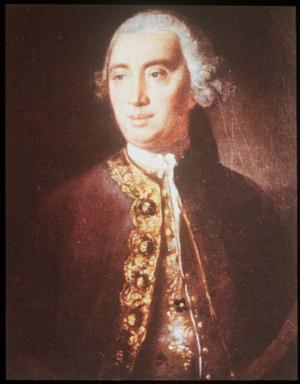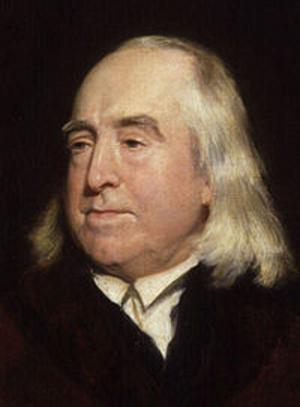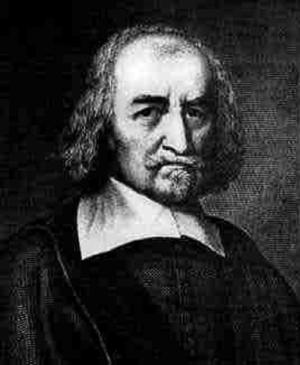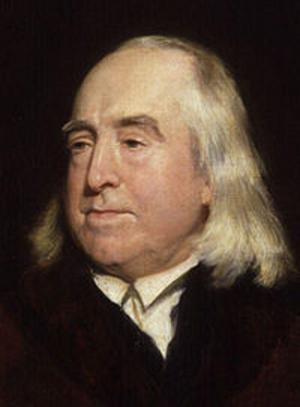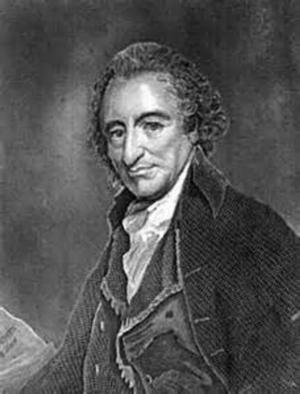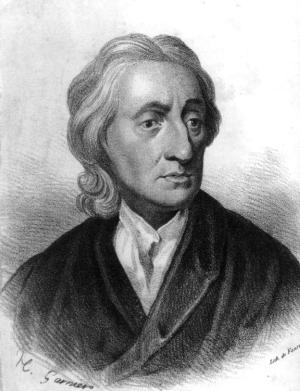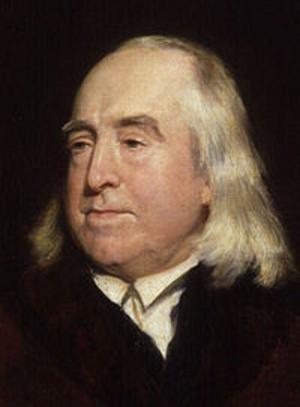History of the Paris Commune of 1871 (Illustrated)
Business & Finance, Economics, Macroeconomics, Theory of Economics| Author: | Karl Marx, Prosper-Olivier Lissagaray, Timeless Books: Editor | ISBN: | 1230001013221 |
| Publisher: | www.WealthOfNation.com | Publication: | March 29, 2016 |
| Imprint: | Language: | English |
| Author: | Karl Marx, Prosper-Olivier Lissagaray, Timeless Books: Editor |
| ISBN: | 1230001013221 |
| Publisher: | www.WealthOfNation.com |
| Publication: | March 29, 2016 |
| Imprint: | |
| Language: | English |
The title of HISTORY OF THE PARIS COMMUNE OF 1871 has an active table of contents for readers to access each chapter directly.
HISTORY OF THE PARIS COMMUNE OF 1871 is a principal source for understanding The Paris Commune that was a radical socialist and revolutionary government and ruled Paris from March 18, 1871 to May 28, 1871. Following the defeat of Emperor Napoleon III and collapse of the French Second Empire in September 1870, Adolphe Thiers, the new chief executive of the French national government and late the first President of the French Third Republic, signed an armistice with Prussia that disarmed the Army but not the National Guard of The Paris Commune. However, Thiers led the harsh suppression by the regular French Army in the Bloody Week beginning on 21 May 1871 due to the killing of two French army generals by soldiers of the Commune National Guard. Debates in this book over the policies and outcome of the Commune had significant influence on the ideas of Karl Marx, who described it as an example of the "dictatorship of the proletariat".
Prosper-Olivier Lissagaray is known for his investigation of History of the Paris Commune of 1871 and collection of testimonies from the survivors in exile in London. He and Karl Marx completed the writing of History of the Paris Commune of 1871. The book was later translated to English by Eleanor Marx, Karl Marx’s daughter.
Using the history of the Paris Commune, Marx reviewed the significance of some of his own earlier writings. Marx once said in a later preface to the Communist Manifesto that "no special stress is laid on the revolutionary measures proposed at the end of Section II. That passage would, in many respects, be very differently worded today." He also pointed that "One thing especially was proved by the Commune, viz., that 'the working class cannot simply lay hold of ready-made state machinery, and wield it for its own purposes.'"
Marxists highly praised the book as one of the most complete and important document for the short history of Paris Commune that was recorded by Prosper-Olivier Lissagaray and Karl Marx. This is a must-read book to understand the foundational thought of a communist party and the nature of a socialistic country by Karl Marx.
The title of HISTORY OF THE PARIS COMMUNE OF 1871 has an active table of contents for readers to access each chapter directly.
HISTORY OF THE PARIS COMMUNE OF 1871 is a principal source for understanding The Paris Commune that was a radical socialist and revolutionary government and ruled Paris from March 18, 1871 to May 28, 1871. Following the defeat of Emperor Napoleon III and collapse of the French Second Empire in September 1870, Adolphe Thiers, the new chief executive of the French national government and late the first President of the French Third Republic, signed an armistice with Prussia that disarmed the Army but not the National Guard of The Paris Commune. However, Thiers led the harsh suppression by the regular French Army in the Bloody Week beginning on 21 May 1871 due to the killing of two French army generals by soldiers of the Commune National Guard. Debates in this book over the policies and outcome of the Commune had significant influence on the ideas of Karl Marx, who described it as an example of the "dictatorship of the proletariat".
Prosper-Olivier Lissagaray is known for his investigation of History of the Paris Commune of 1871 and collection of testimonies from the survivors in exile in London. He and Karl Marx completed the writing of History of the Paris Commune of 1871. The book was later translated to English by Eleanor Marx, Karl Marx’s daughter.
Using the history of the Paris Commune, Marx reviewed the significance of some of his own earlier writings. Marx once said in a later preface to the Communist Manifesto that "no special stress is laid on the revolutionary measures proposed at the end of Section II. That passage would, in many respects, be very differently worded today." He also pointed that "One thing especially was proved by the Commune, viz., that 'the working class cannot simply lay hold of ready-made state machinery, and wield it for its own purposes.'"
Marxists highly praised the book as one of the most complete and important document for the short history of Paris Commune that was recorded by Prosper-Olivier Lissagaray and Karl Marx. This is a must-read book to understand the foundational thought of a communist party and the nature of a socialistic country by Karl Marx.
